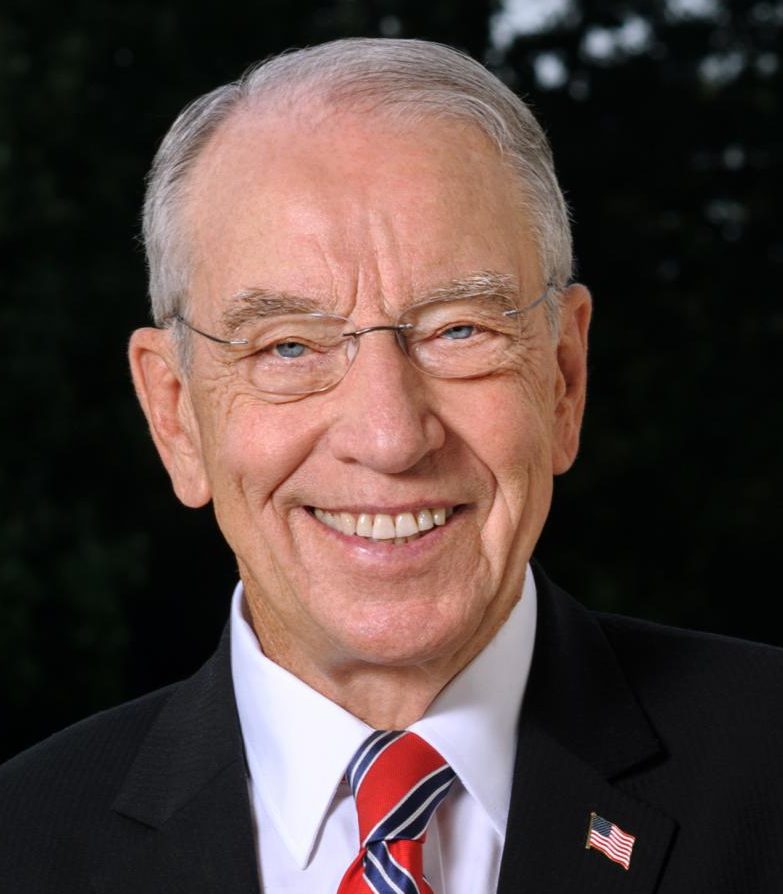U.S. Senator Cindy Hyde-Smith (R-Miss.) on Wednesday joined U.S. Senator Roger Wicker (R-Miss.) in reintroducing the Tornado Observation Research Notification and Deployment to Operations (TORNADO) Act to improve the forecasting and understanding of tornadoes and other hazardous weather.
The TORNADO Act would require the National Oceanic and Atmospheric Administration (NOAA) to update its methods for predicting and communicating weather alerts to residents.
“Even when tornadoes are well-forecasted, warnings do not always provide enough lead time to ensure the public can respond or seek appropriate shelter. The federal government has a vested interest in making sure Americans have as much notice as possible of severe weather,” Wicker said. “The TORNADO Act would improve the forecasting and understanding of these natural disasters so we can prevent future loss of life and property.”
“Great advances in weather forecasting in recent decades have helped save lives, but more can and should be done to alert people when tornadoes threaten their lives. The terrible and deadly tornadoes that ripped through Mississippi recently tells us that,” Hyde-Smith said. “This legislation would be useful in helping provide greater support for NOAA and its research partners, like the University of Mississippi, to advance severe storm and tornado detection technologies.”
The reintroduction of the legislation follows a particularly active start to tornado season, which included a series of devastating tornados in Mississippi. On March 24, tornadoes left a path of death and destruction that stretched from Rolling Fork to Amory, claiming more than 20 lives, injuring dozens, and leaving an estimated $100 million in property damages.
Despite following current protocols, the National Weather Service, an agency within NOAA, only issued a tornado warning 20 minutes before the storm arrived, leaving residents little time to prepare for the deadly winds.
The goal of the TORNADO Act would be to require NOAA to implement new technology and procedures that could help increase the lead times provided to the public in advance of extreme weather events.
Among other provisions, the TORNADO Act would:
- Require NOAA to prepare and submit an action plan for the national implementation of high-resolution probabilistic guidance for tornado forecasting and prediction.
- Encourage NOAA to evaluate the current tornado rating system and make updates.
- Require NOAA to coordinate with appropriate entities when conducting post-storm assessments to optimize data collection, sharing, and integration.
The Wicker measure was also cosponsored by U.S. Senators Ted Cruz (R-Texas), John Thune (R-S.D.), Chuck Grassley (R-Iowa), Todd Young (R-Ind.), Marsha Blackburn (R-Tenn.), John Boozman (R-Ark.), and Gary Peters (D-Mich.).
















